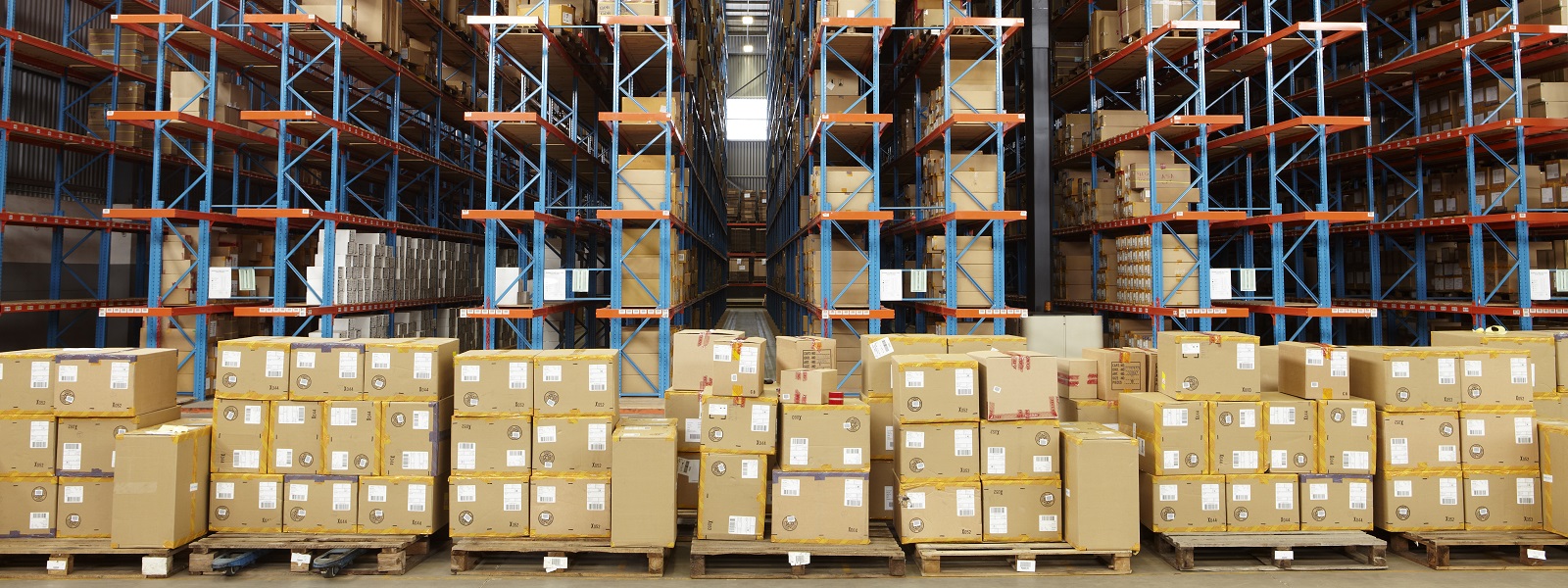Pent-up demand for M&A deals has been unleashed to deliver the busiest first three quarters of a year for investment banks on Mergermarket record (since 2006). The boom is partly driven by abundant liquidity, cheap financing and well-capitalized PE funds, but organizations are also under pressure to adjust to a world reshaped by the pandemic. The need for businesses to become more strategically relevant and digitally enabled is a strong motivator for M&A.
Another potential driver is the immense strain that global supply chains are currently under, as companies seek greater operational resilience. When the US and Europe saw their vaccine programs gain traction, lockdown measures ease and economies roar back to life earlier this year, severe disruptions began to emerge.
The pandemic has proved to be a bane for forecasting, or “demand variability.” When buy orders fell precipitously last year, supplier factories wound down their activity. Supply chains have now been whipsawed by resurgent demand on the one side and a lack of supply on the other, as suppliers struggle with shortages of both labor and materials as well as inflationary pressures. Inventory levels in Europe and the US remain at their lowest levels on record.
Evidence of this disruption can be seen across the economy. The global semiconductor shortage has had a knock-on effect for no less than 169 industries, stymieing the production of everything from cars to next-generation gaming consoles. The global crunch in semiconductor production helped boost M&A in the sector, which reached US$142.2 billion last year, more than any other annual total on Mergermarket record (since 2006).
In the UK, surging natural gas prices have prompted fertilizer plants, the primary source of CO2 used for the slaughter of animals, to stop production, leaving supermarkets with meat shortages. This problem is not isolated to Britain either. Nippon Gases has warned that CO2 shortages are spreading to much of Europe, its supplies to the region falling by 50%.
Reshoring and structuring supply chains
Not only is this mass disruption likely to deliver distressed deal flow in the worst-affected sectors, businesses are evaluating reshoring or nearshoring suppliers closer to the point of production to mitigate these issues. According to a survey by NTT Data on the current global supply chain crisis, 68% of shippers believe supply chains have become too global and should be rebalanced towards more regional and local ecosystems. The pandemic has demonstrated how exposed companies have become as a result of just-in-time inventory management and are now swinging the other way by overstocking.
As well as reconfiguring their global supplier footprints, companies can achieve greater supply chain security through M&A. Specifically, vertically integrating upstream links in the chain can be a means of improving certainty of delivery, as well as reducing production costs and capturing further profits. This is a model favored by Swedish home furnishings retailer Ikea, which owns the entire chain, not only the manufacturing process but timber supplies through woodland it has acquired in Romania and Alabama.
Building greater supply chain resilience both through reshoring/nearshoring and M&A should be expected over the medium term. More than two-thirds (69%) of CFOs expect an increasing in supplier diversification over the next three years and 23% anticipate greater vertical integration, according to a recent survey by Deloitte.
Improvement of supply chain networks was cited as a rationale for Ireland-based Total Produce’s proposed merger with US-based Dole Foods, which would create the world’s largest fresh produce company, for example.
Logistics technology
For private equity, supply chain disruptions represent a genuine opportunity to capitalize upon. The space is particularly compelling given its overlap with technology—an investment theme that has been heavily amplified by the pandemic. In the past, logistics has been seen as an asset-heavy, analog industry. But digitalization across the sector is delivering much needed efficiencies. By one estimate, the global digital logistics market is expected to grow from US$17.4 billion in 2020 to US$46.5 billion by 2025, a compound annual growth rate of 21.7%.
Technological advancements in 5G, real-time data analytics and the Internet of Things enhance logistics managers visibility and improve decision-making when disruptions arise, potentially relieving bottlenecks and shortages. Software in the logistics space has already delivered some big results. Panasonic this year paid US$7.1 billion to acquire the remaining 80% stake it did not already own in US supply chain software company Blue Yonder from PE firms Blackstone and New Mountain Capital.
Similarly, Q2 saw the sale UK-based cloud-based logistics platform BluJay to E2open, a US-based provider of on-demand software for supply chains for US$1.6 billion.
Beyond these prominent exits, private equity and growth equity firms continue to invest in assets in the space. In the US, for example, in January, Thompson Street Capital Partners acquired Made4net, a provider of warehouse management system and end-to-end supply chain execution software; while in July, Plymouth Growth invested in Algo, another end-to-end supply chain optimization software provider.
In the European mid-market, Equistone Partners in February bought Ligentia, an international supply chain management provider specializing in manufacturing, consumer brands, pharmaceuticals and the retail sector. Interestingly, at the time of the deal the company said that one of the attractions of partnering with Equistone was its portfolio. For PE funds holding assets that trade and transport goods, adding a logistics firm has the potential to deliver compelling synergies, especially during periods of strain on supply chains.
Given the immediate pressures posed by the pandemic, health has been another angle of interest for financial sponsors. For example, in June, Warburg Pincus invested in Global Healthcare Exchange, a Louisville-based provider of cloud-based technology and services used for supply chain management by healthcare providers and suppliers. Also, in March, Platinum Equity acquired National Distribution & Contracting (NDC), a healthcare supply chain company based in Nashville.
Protectionism problems
Even before the pandemic, supply chain plays were of rising interest to financial sponsors. US-China trade tensions and the broader global trend towards protectionism has been adding complexity to cross-border trade for a number of years already. In many cases it is the combination of geopolitical issues and the pandemic that is causing supply chains to falter.
In the UK, petrol and food shortages are the direct consequence of Brexit and the exodus of European heavy goods vehicle (HGV) drivers, which the government is attempting to win back with temporary visas. But the government's Driver and Vehicle Licensing Agency is also working through a backlog of 54,000 HGV licenses, caused by strike action, social distancing and home working measures.
From a corporate M&A perspective, the difficulty is in understanding how the twin pressures of protectionism and the pandemic will play out. Completely reconfiguring a company’s geographical footprint requires much upheaval and there is no guarantee that decisions made today will pay off a year from now, with so much uncertainty about both the ongoing global pandemic and geopolitical issues.
An example of how supply chain decisions are so hard to call under current circumstances can be seen in US retail. Rising production costs in China over the past decade prompted many retailers to relocate manufacturing capacity to Vietnam. The Trump administration’s escalation of tariffs on Chinese goods, which largely remain in place, magnified the trend.
This became a problem in July this year when, after initially being hailed as a COVID-19 success story, the Delta variant gripped Vietnam—infections and deaths spiking in a country where only a small minority of the population has been fully vaccinated. Factories have since been operating at minimal capacity to comply with government restrictions. Nike, which sources half of its footwear production from Vietnam, last month revised its guidance for 2022 because of supply chain impacts, noting that inventories are short heading into the holiday season when consumers are eager to spend.
Likely the biggest winners amid this ongoing disruption will be the tech-enabled companies that help to improve inefficiencies and ease bottlenecks along supply chains. Logistics players will be eager to snap these up to improve their operations, and private equity will continue to seize upon an opportunity it identified long before the stress supply chains are now under.





